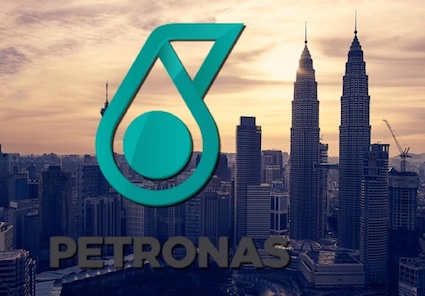PDA does not dictate specific percentage for oil royalties

t is for the PM to decide on oil royalties because, under the PDA, he has the power to make regulations
(The Malaysian Reserve) – The prime minister (PM) can decide to pay higher royalties to oil-producing states as the relevant law grants him the regulatory authority to do so, said a legal expert.
The laws also do not specify the quantum of payments that can be made to states where the oil or gas (O&G) resources are mined.
Under the Petroleum Development Act 1974 (PDA), the PM can make regulations for the purpose of carrying into effect the provisions of this Act, which governs the country’s upstream O&G activities including cash payments paid to the relevant states.
“It is (for) the PM to decide on (oil royalties) because, under the PDA, the PM has the power to make regulations — it is under his discretion,” International Islamic University Malaysia assistant professor and deputy legal advisor Dr Wan Mohd Zulhafiz Wan Zahari told The Malaysian Reserve (TMR).
Last week, PM Tun Dr Mahathir Mohamad told Parliament that the current administration will fulfil its election promise to grant all oil-producing states in Malaysia a 20% royalty from the earnings of the petroleum extracted. “This is their money. It is their royalty, they can take it,” he had said.
The PDA also states a National Petroleum Advisory Council (NPAC) will be established to advise the PM on national policy, interests and matters pertaining to petroleum, petroleum industries, energy resources and their utilisation.
Wan Mohd Zulhafiz said the PM’s decision on royalty payments will have to be based on the advise of this council.
“It is good to have this advisory council because they can give a view which is unbiased and make a decision purely at the best interest of the country,” he said.
Under the PDA, it is stated that the PM may appoint individual from the relevant states to sit on the NPAC.
Meanwhile, Petroliam Nasional Bhd (Petronas) is granted exclusive ownership and regulatory authority over Malaysia’s onshore and offshore petroleum resources as part of the PDA in exchange for cash payments paid to both the federal and state governments.
A 20% oil royalty paid to the respective states would have a significant impact on Petronas’ upstream business as Sarawak and Sabah are key producing assets for the firm.
The upstream segment brought in RM135.1 billion in turnover for the group last year with 2.32 million barrels of oil equivalent lifted per day on higher gas production in Sabah and Sarawak. Petronas is believed to have some 60 oilfields in Sarawak producing 850,000 barrels of oil a day.
An increase in oil royalties paid would result in a nominal loss of 15% to Petronas’ group revenue from O&G development works in the country as the firm is currently paying a 5% quantum.
According to Wan Mohd Zulhafiz, the current arrangement sees 10% of the revenue generated from an exploration and production project equally split between the federal and state governments, while 30% goes towards funding operating costs.
He said the remainder 60% goes to Petronas and the production sharing contractors (PSCs) involved in a given project.
“Petronas would have incurred a lot of costs and investment to extract the O&G resources, so naturally they would want a high pro- portion of the revenue because it is a big investment for them,” he told TMR.
With a 20% royalty and assuming the allotments for the federal government and operating costs stay the same, Petronas’ revenue entitlement would shrink to 45% — of which is to be shared with the PSCs.
Wan Mohd Zulhafiz said the PDA does not specify the quantum of royalties to be paid and is instead agreed upon between the relevant parties, namely the state and federal governments with Petronas.
Currently, it is understood that Sabah and Sarawak are paid a 5% oil royalty, while Terengganu and Kelantan are granted compassionate funds since 2000 and 2010 respectively.

